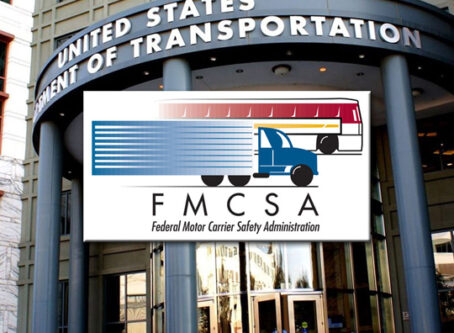Six states pursue rule changes for license plate readers
Discussion about the use of automatic license plate readers continues in multiple statehouses. The devices typically are mounted on police vehicles, road signs or traffic lights to track certain drivers’ movements.
Technology popular around the country
High-tech cameras to capture the date, time and location that scanned vehicles passed are used in some capacity by about 600 local and state police departments and other state and federal agencies, according to the American Civil Liberties Union. Private business, such as repossession companies and vehicle insurance companies, also use the technology, which can capture about 1,800 images per minute.
The technology is not without flaws. Conditions that include bad weather, poor lighting, dirt on plates, and even background colors can result in false matches.
To date, at least 16 states have enacted rules relating to the use of automated license plate readers, or scanners. Among the group, there are six states to place restrictions on government or law enforcement use of the technology. There are eight states that limit how long data can be kept, and four states specify that data is exempt under public records laws.
Arkansas, Maine, and New Hampshire also prohibit private use of readers, with limited exceptions.
Florida
Florida Gov. Ron DeSantis has signed into law the state’s 2021-2022 budget but not before nixing pursuit of additional license plate scanners in three communities.
Multiple provisions in the budget – SB2500 – called for funding more scanners in Port Orange, the city of Jacksonville Beach, and Pembroke Pines.
Jacksonville Beach requested $150,000 for additional license plate scanners. Port Orange and Pembroke Pines each wanted $125,000.
Massachusetts
Two Massachusetts House bills would put new restrictions on the use of license plate readers.
Sponsored by Rep. Sarah Peake, D-Provincetown, H3564 specifies that police must obtain a search warrant to access data collected from the devices.
A related effort, H3597, would prohibit insurance companies from using information collected by the plate readers to determine rates. Additionally, marketing firms would be barred from obtaining and selling data from the readers.
Both bills would limit data retention to14-30 days. An exception would be made for information collected that is related to a specific criminal investigation.
Supporters say the bills provide a series of checks and balances on the technology’s use in the state.
New Jersey
A bill in the New Jersey Assembly Law and Public Safety Committee covers the use of scanners.
Sponsored by Assemblyman Benjie Wimberly, D-Bergen/Passaic, A2384 would prohibit unauthorized use of collected data.
The bill would authorize punishment of up to six months in jail and/or a fine of up to $1,000 for employees of law enforcement agencies that use or access collected data without authorization.
Agencies using license plate readers would be required to submit an annual report to the attorney general. County prosecutors or the attorney general would also be responsible to do an annual audit of each agency’s use of the devices.
New York
One New York Assembly bill would implement uniform standards on the use of license plate readers.
Sponsored by Assemblywoman Amy Paulin, D-Westchester, A940 would require the state’s Municipal Police Training Council to develop standards and to recommend rules and regulations to the governor. The rules and regulations would cover the establishment and implementation of a training program for police officers regarding the established standards.
The Senate version is S685. Both bills are in committee.
Pennsylvania
License plate readers are also the topic of a Pennsylvania House bill.
State law already permits police, as well as parking authorities and other non-law enforcement entities, access to the scanners.
Rep. Greg Rothman, R-Mechanicsburg, is behind the bill to put into place restrictions on the state’s use of scanners. The devices are mounted on police vehicles, road signs or traffic lights.
HB133 specifies who can use plate readers, how data can be collected, and the length of time data can be kept.
Vehicle data could be kept for up to one year. At that time, captured data must be destroyed.
Data collected prior to the bill’s passage would be required to be destroyed within 60 days of the bill’s effective date.
Rothman cites the state’s termination of registration stickers on vehicles for the need for expanded use of the devices to verify whether any vehicle plate is out of compliance with vehicle registration, and other laws.
“The concern isn’t whether to use (automatic license plate readers) to collect data, since they are already an invaluable tool for law enforcement, but rather this legislation aims to protect the right to have the information of Pennsylvanians kept private if they are doing nothing wrong,” Rothman wrote in a memo attached to the bill.
The bill includes a provision to limit how government can use the readers, how the data can be collected, and how long the data can be stored.
A grant program would provide funds to local law enforcement to acquire the devices.
The bill is in the House Transportation Committee.
Tennessee
A new law in Tennessee limits sharing of data collected through license plate readers.
State law limits storage of data for up to 90 days unless it is part of an ongoing investigation.
Previously HB809/SB699, the new law requires captured data to be treated as confidential and not be made available to the public. The change took effect immediately. LL
More state trends
Keith Goble, state legislative editor for Land Line Media, keeps track of many trends among statehouses across the U.S. Here are some recent articles by him.









